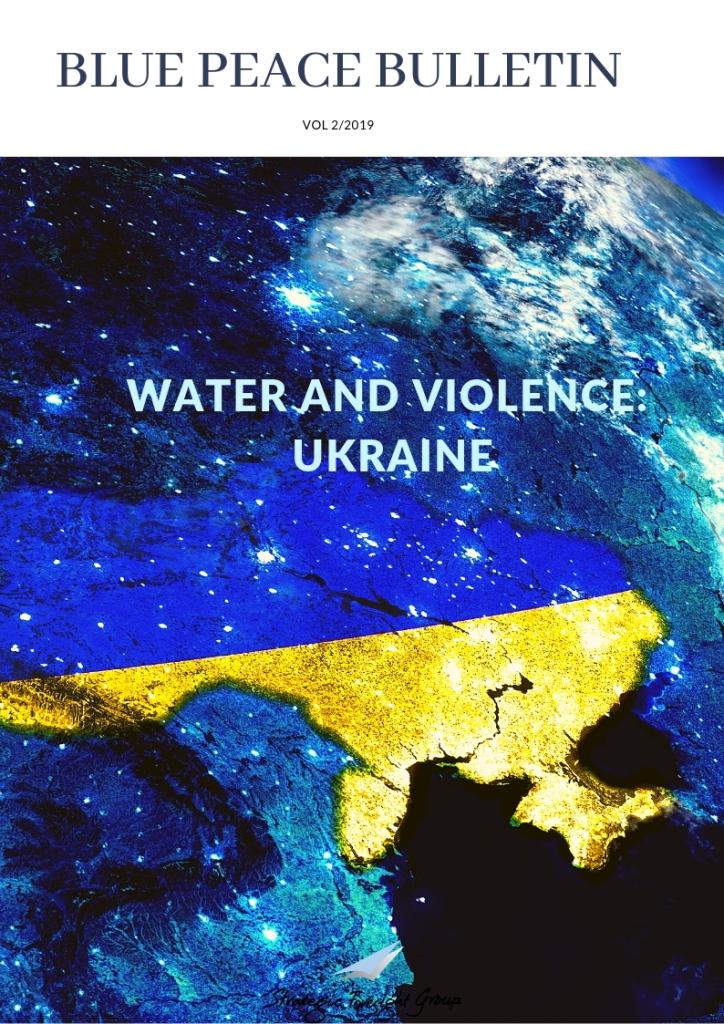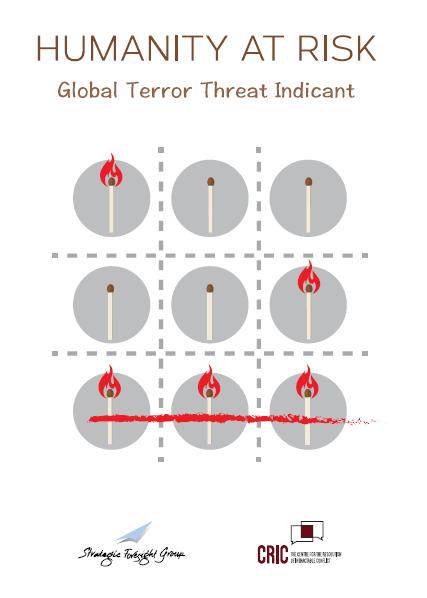Pakistan�€™s Sticky Wicket
|
|
March, 2009
By Rohit Honawar
|
Living in India we have all heard or experienced the notion of cricket being like a religion to millions of ardent fans. To the people of the subcontinent, the likes of Tendulkar, Murali and Akram are revered regardless of ones religious beliefs, caste, ethnicity or social status. The perception that sports, or in this case cricket, could rise above political uncertainty and turmoil has always held true, no more so than in the Mecca of the sport �€“ South Asia. Yet, the recent attack on the Sri Lankan cricket team in Lahore challenged that perception, with cricketers and officials being targeted in a brazen terrorist assault reminiscent of the audacious Mumbai attack in November last year. For the sports aficionados the sanctity of their �€˜religion�€™ had been breached �€“ while for Pakistan�€™s government and the international community, this was another instance of the deepening crisis confronting Islamabad.
Coming on the heels of the Pakistani government�€™s controversial decision to sign the Nizam-e-Adl regulation with Tehrik-e-Nifaz-e-Shariat-e-Muhammadi (TNSM) on behalf of Baitullah Mehsud�€™s Tehreek-e-Taliban Pakistan (TTP), the attack in Lahore has arguably assumed greater significance given the intended target, the nature of the attack and the chosen location. With indications of TTP and Al Qaeda operatives having already infiltrated Pakistan�€™s major commercial and political centres, the attack on the Sri Lankan team reinforced the notion that Islamabad could no longer afford to selectively address the threat of terrorism emanating from within its borders.
The motives behind the attack on the Sri Lankan cricketers are debatable, and merit a study in their own right. Yet what is certain, is that extremist groups are exploiting the under developed, hinterland areas of Punjab province to recruit vulnerable youth through various �€˜charity�€™ organisations. The Pakistani government�€™s unspoken policy of ignoring such acts under the misconceived notion that Al Qaeda and the Taliban will not target Pakistani interests has been proven false time and again and, has often left the international community and India frustrated. From the Danish embassy bombing to the Marriott hotel suicide attack, Pakistan has and will continue to be a target for the Taliban and Al Qaeda operatives and their affiliated sympathisers, so long as Islamabad is involved in the war on terror or, these groups are able to establish a global Islamic Ummah.
Here in lies Pakistan�€™s �€˜terror dichotomy�€™. Islamabad can choose to up the ante in its counter-terrorism efforts, ensuring that all facets of its intelligence, security and political apparatus are sincere and held accountable for eradicating any and all aspects of terrorism and its affiliates within Pakistani territory or; it can choose to point fingers across the border and ignore the repeated signs that terrorists and extremists in their country will continue to wage �€˜war�€™ with the Pakistani state and the international community until and unless they achieve their goals.
Pakistan�€™s penchant for political turmoil has undoubtedly created stumbling blocks in the democratic government�€™s efforts to confront the issue of terrorism. The recently concluded lawyer�€™s long march and political upheaval in Punjab province thwarted former Chief Minister Shahbaz Sharif�€™s attempts at cracking down on militant elements within the province. In addition, the reconciliatory efforts between the PPPP and PML-N have underscored the notion that America�€™s �€˜go-to man�€™ in the war on terror, President Zardari, is no longer the political force that he once was, with his former alliance partner Nawaz Sharif emerging victorious in the popularity game that came to define the long march. However, Nawaz Sharif�€™s well documented leanings towards religious groups and his support for dialogue with militants would make him a dangerous and unpredictable prospect as a leader of Pakistan. Yet for an optimist, the silver lining from these developments is clear to see. The man most analysts feared would stage a coup to take over the reigns of Pakistan remained inconspicuous �€“ choosing to remain at Army Headquarters, while ensuring that a firm message to �€˜clean up�€™ the country�€™s internal political mess was received by all concerned parties.
The Chief of Pakistan�€™s Army, General Ashfaq Kayani, has emerged the silent victor from the country�€™s latest political battle. While ensuring that the democratic process is allowed to flourish, Kayani has not only appeased the US and its western allies but, has reclaimed some much needed support for the military in the wake of its unpopular counter-terrorism campaigns. The pertinent question however remains �€“ what path will Pakistan choose to adopt in its fight against terrorism?
Kayani�€™s reputation as a career army officer and the military�€™s involvement in the war on terror will ensure that Pakistan continues to fight extremist and terrorist elements within their soil �€“ not least because it has already lost a considerable number of security personnel in its operations in NWFP and the tribal areas. However, it is unlikely that the attack on the Sri Lankan cricket team will provide the impetus for a much needed overhaul in the approach to fighting the war �€“ with the daring incident eventually going down as another statistic in the country�€™s recent violent history. The inextricable links between elements within the establishment and terrorist groups will make it virtually impossible to demarcate between sympathisers within the army and those genuinely concerned with the future existence of Pakistan. The next few months should see the country�€™s military and security forces takes on terrorists in Pakistan with more vigour and tenacity, the success of which will largely depend on the international communities�€™ willingness to loosen their purse strings.
Related Publications
Related latest News
Related Conferences Reports
-

P5 Experts Roundtable on Nuclear Risk Reduction
Download:Geneva Roundtable Report
-

Roundtable on Global Security and Catastrophic Risks
Download:Report on RT revise





